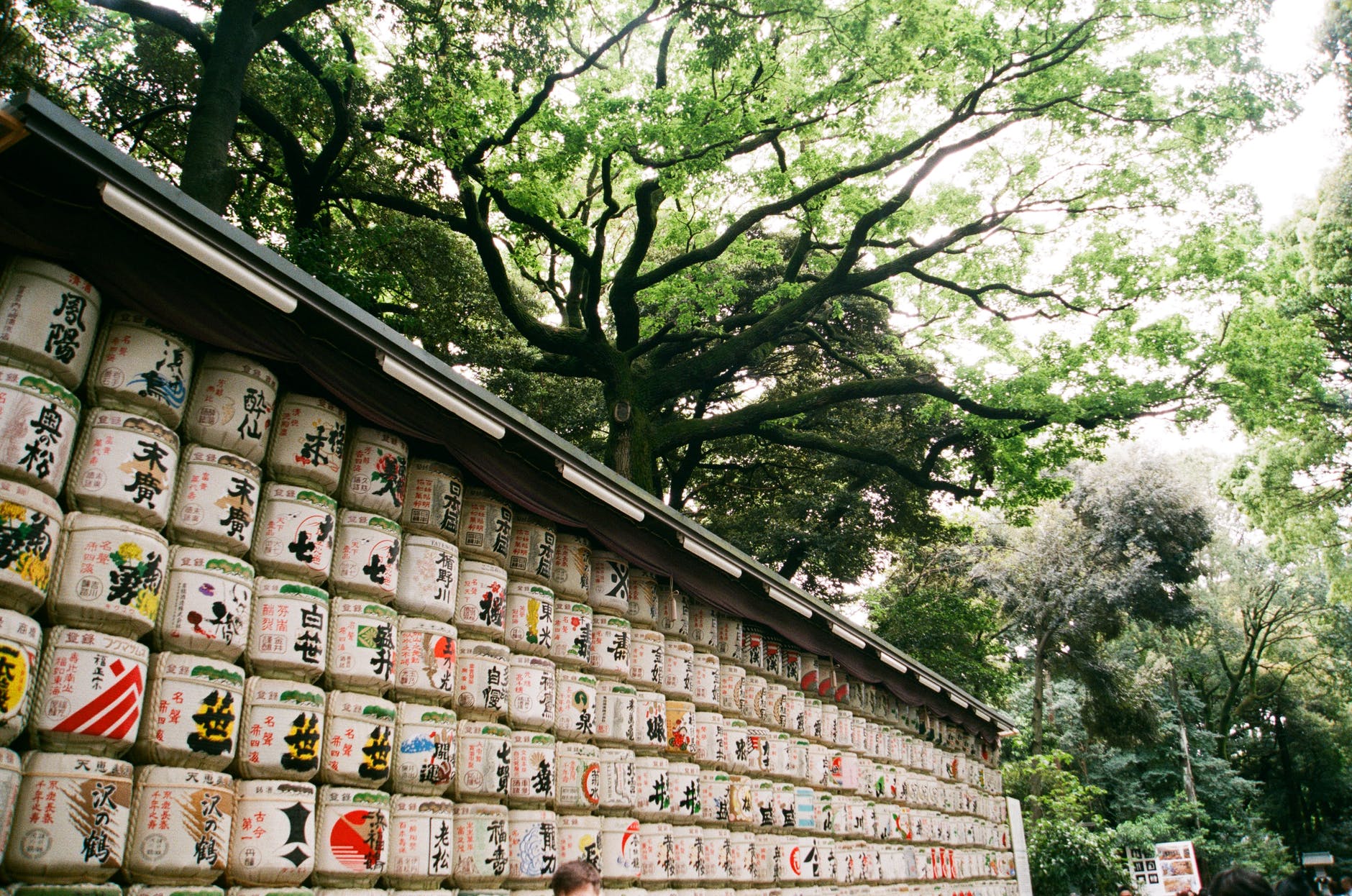
A quick Google search for Miho Imada offers pictures of a 1,000-watt smile backed by the type of direct, strong gaze that leaves you waiting for instruction. One quickly gets the impression that the diminutive Imada never once backed down in her quest to produce a competitive, quality product in a male-dominated industry within a largely patriarchal society.
Imada more or less grew up at the Imada Shuzo brewery, where she serves as a third-generation tōji, or sake brewmaster. However, her path wasn’t immediately clear in her youth. First, she spent several years in a noh theater in Tokyo, working in one of the oldest forms of musical theater in the world. When she was 33 years old, though, she received a call from her father asking her to return to the family business. Her journey towards tōji began, and she studied under her father’s tutelage for eight years before becoming Imada Shuzo’s head brewmaster.
While women at the helm is not a common occurrence in the industry, they have always been there. Kuchikamizake sake has been around since the 3rd century BC. The word Kuchikamizake more or less translates to “mouth-chewed sake,” which got its name from the group of purported virgins employed to macerate rice in preparation for the brewing process. The saliva enzymes and chewing process would break the rice’s starch down into glucose, which, combined with airborne yeasts, would turn the vats of rice into sake.
Imada’s methods are much more refined, and she has consistently won high praise for her ginjo sake. Akitsu, where Imada was raised and where her family’s brewery is located, is famous for this type of sake, which is known to have the most complex and, by most counts, most desirable flavor. “In Hiroshima, head brewers put a lot of emphasis on their staff,” said Imada. “The brewers are not just seasonal laborers who come in from another prefecture; they have roots in the local area, and this means they develop expertise.” By honoring her deep ginjo roots and cultivating a culture of skill-sharing and communication, Imada has placed her family’s shuzo on the shortlist of Japan’s most prestigious.
